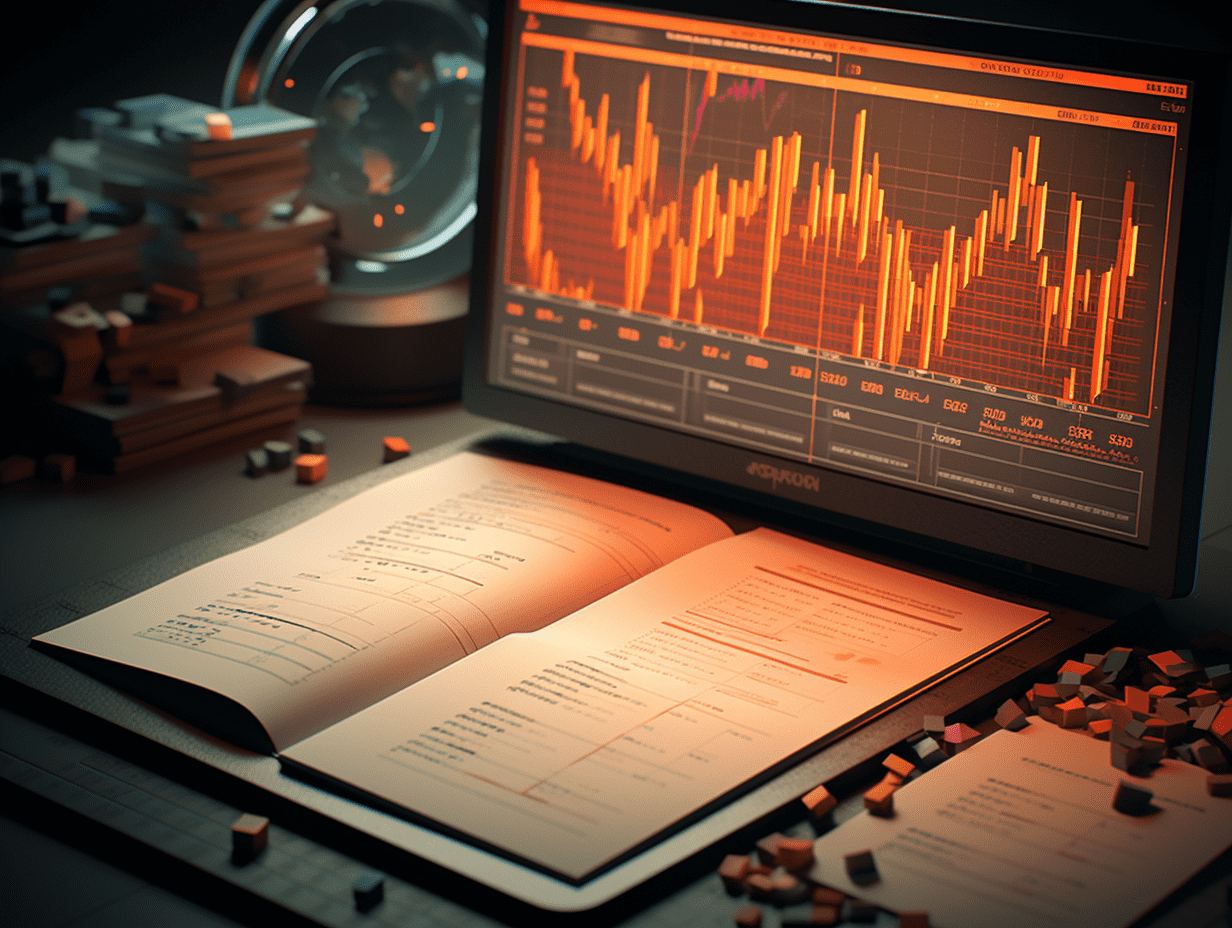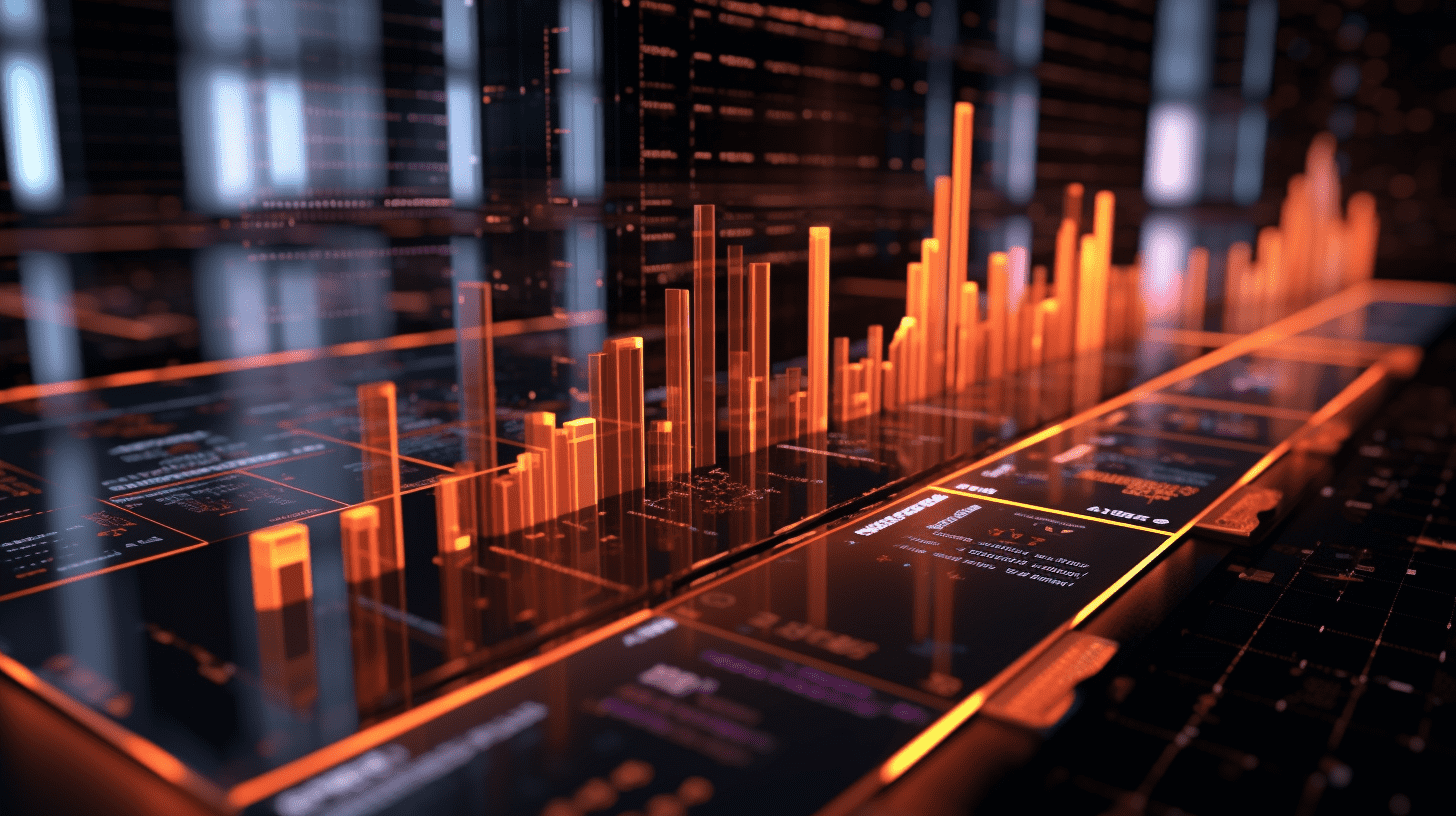
Buying on dips has become a habit! Will the individual stock investors who have only experienced bull markets welcome their first bear market?
The tariff turmoil has disrupted Wall Street's investment strategy. However, many retail investors are still sticking to their lifelong rule of buying low.
In the desert of Las Vegas, 31-year-old Brandon Arnett said, "I have been buying S&P 500, NASDAQ, NVIDIA Corporation (NVDA.US), Broadcom Inc. (AVGO.US), and Amazon.com, Inc. (AMZN.US)." The young man, who quit his medical job in 2023 to trade stocks full-time, said that he views market sell-offs as "short-term fluctuations that are likely to bring long-term gains." He has even reduced his daily expenses recently to raise more investment funds.
Arnett is not alone. Despite the shaky start to the stock market in 2025, many retail investors are seeing market volatility as a buying opportunity, ignoring warnings of an economic recession.
Craig Sutton, a 49-year-old consulting advisor from Florida, has been looking to allocate idle funds into ETF portfolios. "In the long run, these fluctuations are indeed scary, but stocks are now more like on sale," he said.
This confidence to buy low is rooted in the unique market awareness of the younger generation. For investors under 40, their adulthood has only experienced the longest bull market ever, starting from the rubble of the 2009 financial crisis (lasting 11 years), and the shortest bear market ever triggered by the COVID-19 pandemic (only 33 days).
"Stonks Only Go Up"
The rapid rebound that followed has made a generation of investors accustomed to seeing market declines as buying opportunities. At the same time, popular culture stock promoters like Dave Portnoy, during the stock market surge post-pandemic, have been preaching the slogan "Stonks Only Go Up," reinforcing this belief.
Peter Atwater, an economics associate professor at William & Mary College and president of the institutional consultancy Financial Insyghts, said, "They believe this is how the market operates because in their lifetime, that's how the market has operated. Historically, we know that the more people try to extrapolate the future based on the past, the more fragile the system becomes."
After Trump announced his intent to disrupt the global trade system by imposing tariffs on most U.S. trading partners, the S&P 500 index plummeted on April 3rd and 4th, marking the worst two trading days since 2020. In subsequent trades, the index fell to the brink of a bear market, then Trump suspended the tariffs - something he claimed he wouldn't do and suspended just 13 hours after they took effect, causing the largest single-day increase in the S&P 500 index since October 2008, up 9.5%.
This has caused significant damage to companies in the most active trading sectors on platforms like Robinhood and Fidelity. Since Trump announced the tariffs, stock prices of Micron Technology, Inc. (MU.US) have dropped by 19%, while Tesla, Inc. (TSLA.US), Apple Inc. (AAPL.US), and Meta (META.US) have all seen stock prices fall by over 9%, and Amazon.com, Inc. (AMZN.US) by almost 8%. As of the market close on Monday, the market cap of the S&P 500 index has evaporated by over $2.2 trillion.
Although recent history may indicate that these stocks will quickly recover their highs from a few months ago, this time it seems that stock prices may remain in a slump for a long time. Investors who bought into the Nasdaq Composite Index in March 2000 when it peaked had to wait over 15 years to return to the highs of the dot-com bubble era.
Prepare for the rebound
Atwater said, "If you started investing in your twenties and experienced the rebound after the COVID-19 pandemic, if you're in your forties and experienced the rebound after the housing mortgage crisis, if you're in your sixties and experienced the rebound after the dot-com bubble, you'll tend to think that any decline is temporary."
Objectively, except for the Great Financial Crisis period, the stock market has been on the rise in every ten-year cycle since World War II.
"When negative events occur, most investors feel that we can never get out of it," Arnett said, "but every time we encounter such a situation, the major stock indices rebound to historical highs, or even higher."
While this is a fact, there are signs that the current turmoil may continue. Trump's inconsistent trade policies have led economists on Wall Street to increase the probability of a U.S. and global economic recession. Long-term U.S. bonds and the dollar are falling along with stocks, which is an unusual market situation because during times of stock market turmoil, investors often seek security in U.S. bonds and the dollar. Instead, capital seems to be flowing out of the U.S. now.
"All age groups of American investors believe the U.S. is a safe haven for global capital," Atwater said. "The idea that this may no longer be the case is a fundamental shift in the U.S. mindset."
According to JPMorgan's data, retail investors have injected $17.7 billion into the stock market since Trump announced the tariffs on April 2nd. However, Emma Wu, a global quantitative and derivatives strategist at the bank, said that their buying momentum has weakened at the beginning of this week, with a net difference of about $1.3 billion in the first hour of trading on Tuesday.
In the Greater Chicago area, 41-year-old Thy Vu has been adding to NVIDIA Corporation and Tempus AI (TEM.US), betting that these stocks will rebound.
"This is a crazy market, but also a market where you can take advantage and make money quickly," said the sales and market analyst, who trades "every day."He also bought options to increase his stake in NVIDIA Corporation by about $55,000.Wall Street Warning
The excessive optimism contrasts starkly with warnings from Wall Street titans. A survey by Bank of America Corp shows fund managers exhibiting a level of pessimism not seen in 30 years. Strategists led by Michael Hartnett wrote in a report that they are "extremely pessimistic about the macro economy, but not yet extremely pessimistic about the market".
Meanwhile, JPMorgan Chase CEO Jamie Dimon warned of a "rough waters" environment, and BlackRock, Inc. CEO Larry Fink stated that recent market declines "have impacted the retirement savings of millions of ordinary people". The pressure from significant stock price fluctuations has caused some individual investors who have gained substantial returns in the recent stock market rally to hesitate.
Peter Trang, co-founder of Asian packaged food company Ouh - Mami Foods, switched from leveraged ETFs to the underlying stocks they track after experiencing over 30% losses earlier this year, causing his portfolio to lose $120,000 at one point.
"I am more cautious now," he said, finding some comfort in a deal the company is currently pursuing that has distracted him from watching the losses on his screen. "You can buy on the dip now, but I think we'll see more corrections in the next 90 days. It won't be a V-shaped rebound, but a zigzag."
Others are also adopting a wait-and-see approach. Senior IT manager Kumar Tenkayala holds stocks in NVIDIA Corporation and Tesla, Inc. in his 401(k) retirement plan, but he plans to invest more once the market stabilizes.
"Everyone makes money when the market goes up," the 52-year-old investor said, recounting how coworkers in his first job lost hundreds of thousands of dollars during the burst of the dot-com bubble. "I worked with some people who told me to buy AOL or other stocks, and when the market crashed, they lost most of their net worth. I don't want to be that person."
RECOMMEND
©️2013 - 2025 GMT EIGHT Holdings. All Rights Reserved.
Contact: [email protected]


